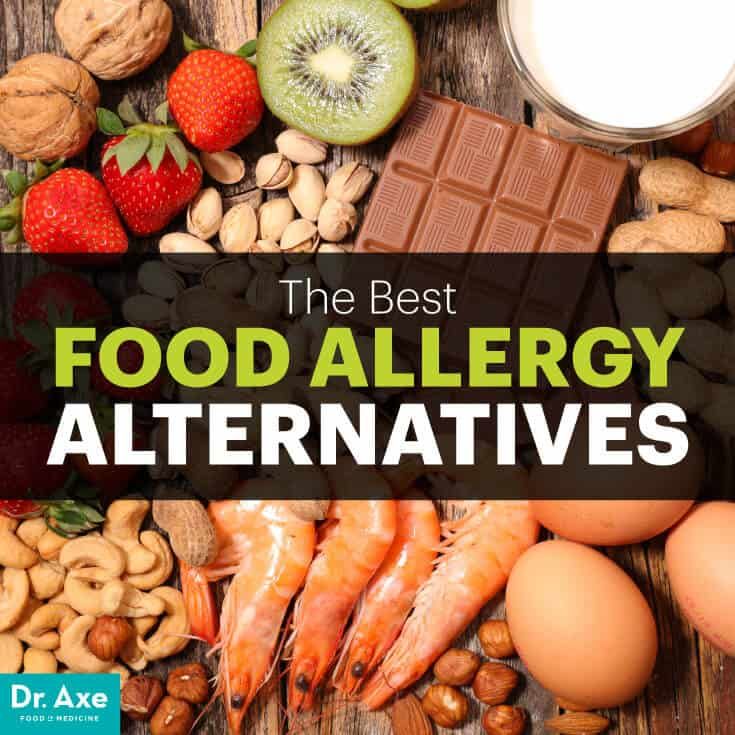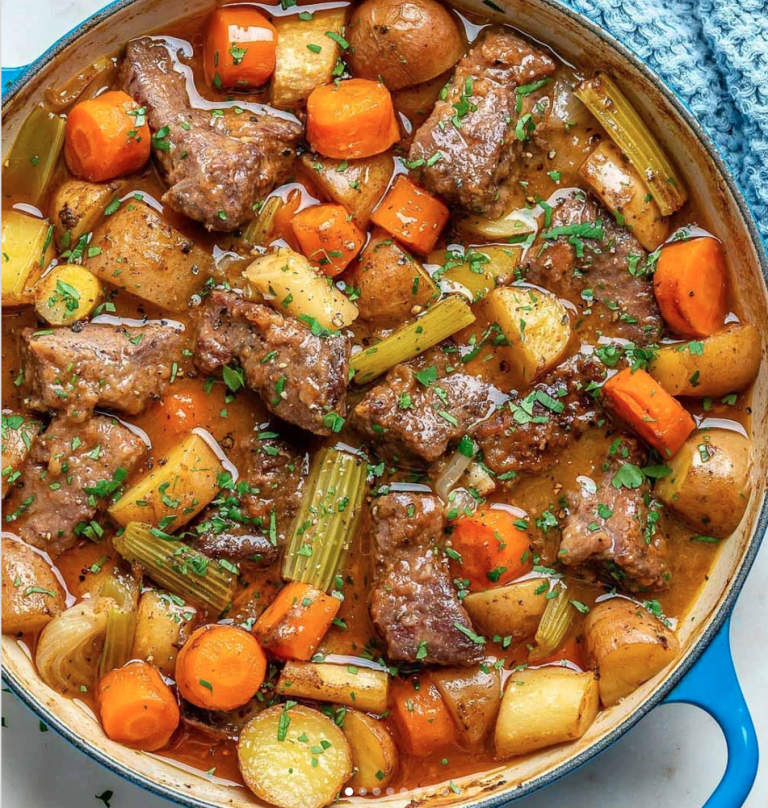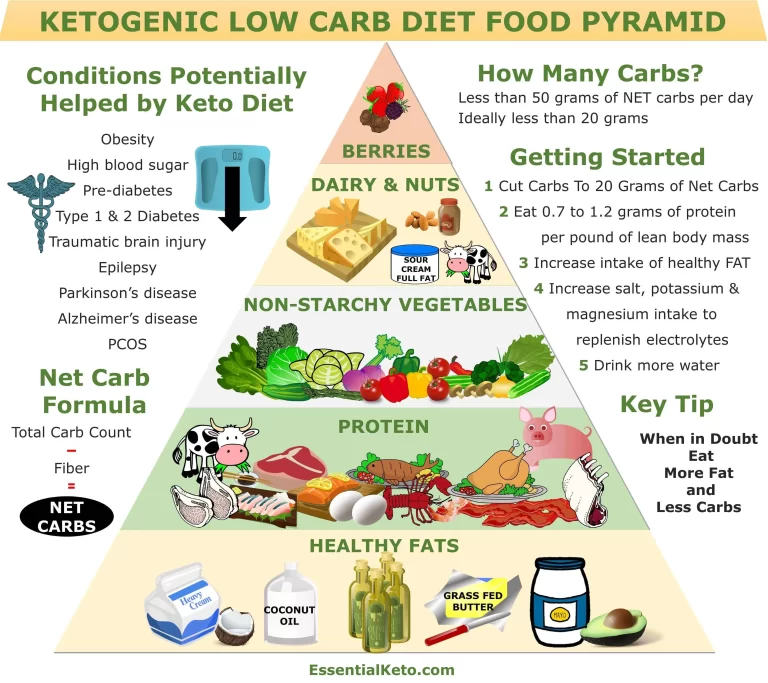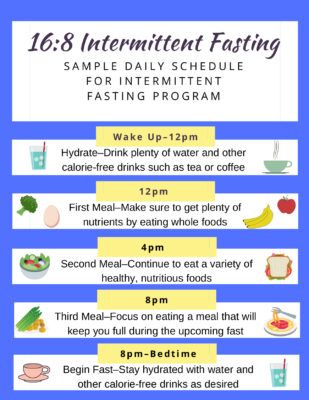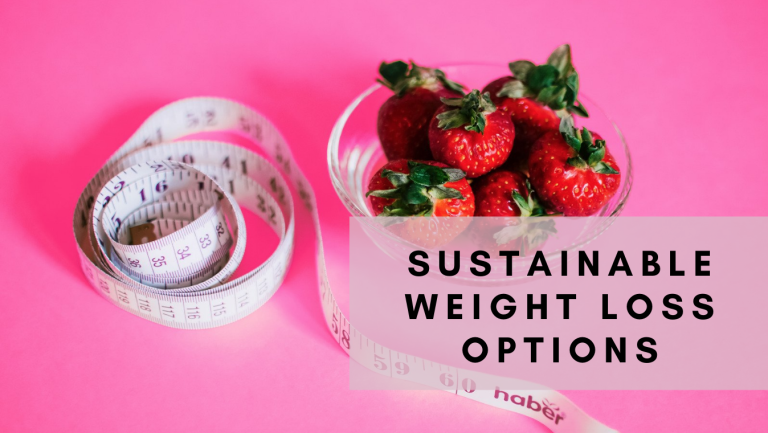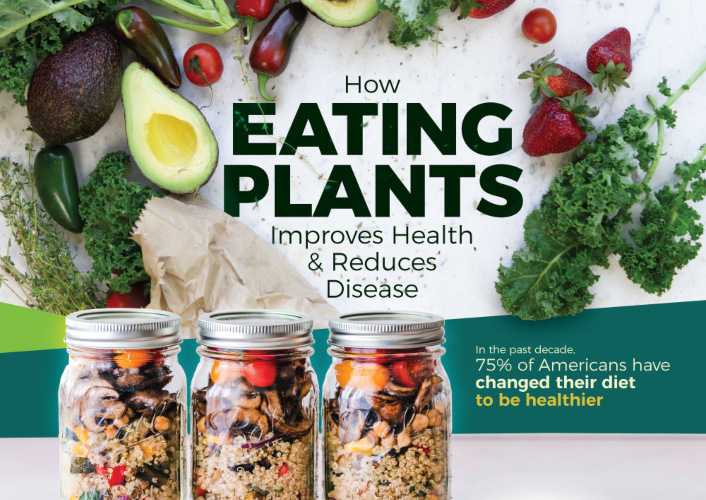Living with food allergies can be challenging, especially when it comes to maintaining a safe and healthy diet. With a growing number of people developing allergies to various foods, it is essential to have a good understanding of how to manage these allergies and avoid potential risks. This article will provide some helpful tips and guidelines for individuals with food allergies, ensuring they can enjoy a safe and delicious diet.
1. Educate Yourself
The first step in managing food allergies is to educate yourself about the specific allergens you need to avoid. Common food allergens include nuts, eggs, milk, wheat, soy, fish, and shellfish. It is crucial to read food labels carefully to identify potential allergens and understand the different forms in which they may be present.
When dining out, don’t hesitate to ask questions about the ingredients and preparation methods to ensure your meals are safe. Additionally, keep yourself updated on the latest information about food allergies through reputable sources like medical journals or reputable websites dedicated to food allergy education.
2. Meal Planning
Creating a meal plan is an excellent strategy for individuals with food allergies. Plan your meals in advance, considering your dietary restrictions, and choose recipes that are free from allergens. This will help you stay organized and reduce the risk of accidental exposure to allergens.
Cooking at home allows you to have total control over the ingredients you use. Focus on fresh fruits, vegetables, grains, and lean proteins to create delicious and allergen-free meals. Experiment with different spices and herbs to add flavors to your dishes without relying on allergenic ingredients.
3. Substitute Smartly
While certain allergenic ingredients may be commonly found in recipes, there are often alternative ingredients you can use to achieve the same taste and texture. For example, if you have a wheat allergy, try using gluten-free flours like almond flour or rice flour in baking recipes.
When substituting ingredients, it’s essential to consider their potential allergenic properties as well. For instance, if you have both dairy and soy allergies, you might want to avoid using soy milk as a substitute for cow’s milk. Instead, explore other non-dairy options like almond milk or oat milk.
4. Be Mindful of Cross-Contamination
Cross-contamination is a significant concern for individuals with food allergies. Even trace amounts of allergens can cause severe reactions. It is crucial to thoroughly clean and sanitize your cooking utensils, appliances, and countertops to prevent allergen cross-contact.
If you share a kitchen with family members or roommates who consume allergenic foods, consider designating specific utensils, cutting boards, and cookware only for allergen-free cooking. Be cautious when dining out as well, as cross-contamination can occur in restaurants. Communicate your allergies clearly with the waitstaff and chef and inquire about their cross-contamination protocols.
5. Pack Your Meals
When traveling or eating out, it’s always a good idea to pack your meals or snacks. This way, you can be confident in the ingredients and preparation methods of the food you consume. Investing in a good lunchbox or container will help you keep your meals fresh and safe.
For longer trips or vacations, research food options and local grocery stores at your destination in advance. This will allow you to plan your meals and make necessary arrangements to ensure you can find allergen-free food easily.
6. Communicate and Advocate for Yourself
Proper communication is essential in managing food allergies. Make sure to inform your friends, family, and colleagues about your allergies, emphasizing the seriousness of the condition. This will help them understand the importance of accommodating your dietary needs and avoiding potential cross-contamination.
If you have children with food allergies, it’s crucial to communicate with their schools or daycare centers and work closely with teachers and staff to ensure their safety. Provide them with a list of safe snacks and meal options and educate them about the signs and symptoms of an allergic reaction.
7. Always Carry Medications
Despite all precautions, accidental exposure to allergens can still occur. It is vital to carry your prescribed medications, such as antihistamines and epinephrine auto-injectors, at all times. Be knowledgeable about how to use them and make sure they are within their expiration date.
In case of a severe allergic reaction, administer the necessary medication promptly and seek medical attention immediately. Inform your family, friends, and coworkers about how to help you in case of an emergency.
Conclusion
Managing food allergies requires vigilance and a proactive approach. By educating yourself, carefully planning your meals, substituting ingredients smartly, being cautious about cross-contamination, and communicating with others, you can enjoy a safe and satisfying diet while keeping allergens at bay. Remember, always prioritize your health and safety, and seek medical advice from a healthcare professional for personalized guidance on managing your specific food allergies.
